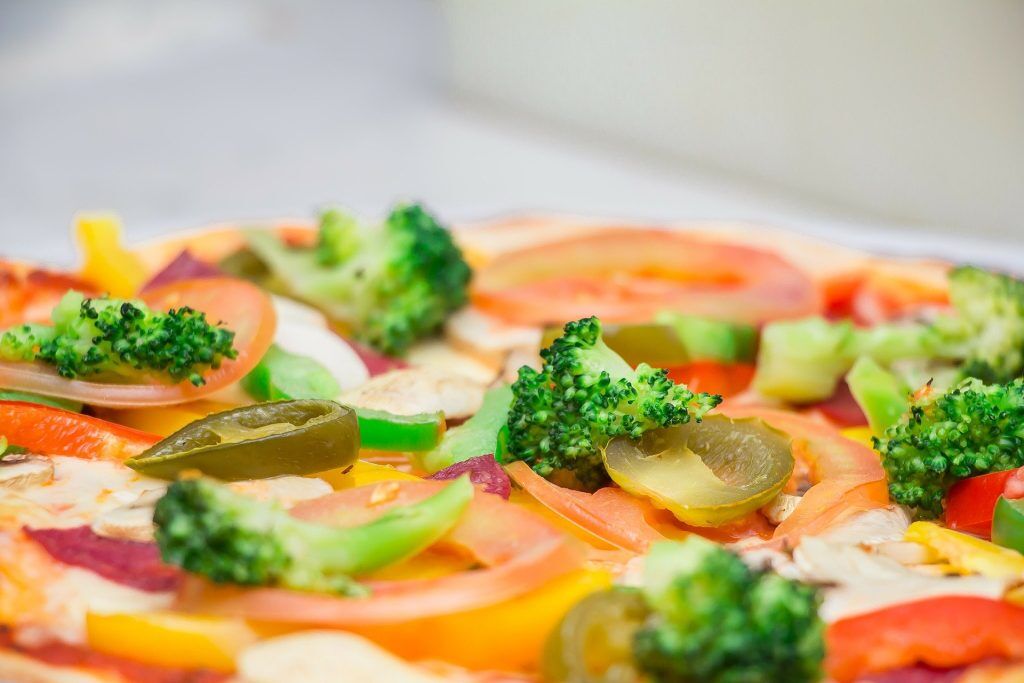
Is 3 Meals A Day Really What You Need?
Breakfast, lunch and dinner. It’s how we’ve been told to spread our meals out throughout the day since we first learnt how to pick up a set of cutlery.
But where did the rule of three come from? Is it backed by any data? and how does it play into you reaching your goals, whether that may be fat loss or building muscle?
As it turn out, eating three meals a day has very little, if nothing at all, to do with our biology and more to do with convenience and culture.
The idea that we need three meals a day first came to prominence thanks to the standard working day – the nine-to-five.
Breakfast would fuel you up to get through a busy morning, your lunch break would be timed to settle those afternoon hunger pangs and give you the energy to push through the rest of your shift and finally you’d get home and have your dinner, the biggest meal of the day to reward you for a hard days work.
Over the decades the nine-to-five and three meals a day have become symbiotic with one another, but in todays world it seems a little outdated.
Less and less people have jobs that conform to the standard working day and of course with the boom in fitness and diet culture, the standard three meals a day has been thrown out the window, with the rise in popularity of diets such as intermittent fasting.
 How many meals do we actually need?
How many meals do we actually need?
As with many questions regarding our diets…it depends.
How many meals you need each day should come down to a number of factors, such as your goals, activity levels, and personal preference.
But above all else, you’ll first need to figure out your calorie requirements.
Calculating Your Calories
The number of calories you require each day will be based of your goals. If you are looking to add muscle then you will need to be in a calorie surplus and if you are looking to drop body fat then you will need to be in a calorie deficit.
Calculating this number can be done online with a calorie calculator by simply inputting a few details about yourself, your activity levels and your goals.
Once you have this number, you can then look at how and when you want to split it up throughout the day within your meals.
Lets say you are looking to build muscle and you need to 3,000 calories per day.
You could stick with the standard three meals a day and have each contain 1,000 calories
Perhaps you’d prefers six smaller meals a day, each of which contains 500 calories
Or maybe you only have time for one big meal? If that’s the case, make this around 2,000 calories and make up the additional 1,000 calories with snacks on the go throughout the day.
 Which one is best?
Which one is best?
Put simply, the one that works the best is the one that suits your personal preference. As long as you are hitting your calorie requirements it doesn’t matter if you do it through one, three, six or eleven meals.
Hit your calorie target and you’ll achieve your goal regardless.
Meal Myths
When deciding on your number of meals, don’t fall into the trap of these meal myths…
Smaller, more frequent meals boosts metabolism
It may make sense on the surface, as the more frequently you eat the more your body is having to work to digest food, but your metabolism is actually based of a number of different factors such as your total calorie intake, activity levels and body weight (to name just a few), not the number of meals you eat. (1)
Your body can only digest 30g of protein at once
Don’t stress about having enough meals so that you can split your daily target of protein up into perfect 30g servings. Just focus on hitting your overall target by the end of the day however you see appropriate and you’re body will take care of using it to build and repair your muscle tissue. (2)
Breakfast is the most important meal of the day
No one meal is more important than any other. Eating breakfast wont make you magically reach your goal weight or kick start your metabolism. If you like having a meal first thing in the morning then by all means have breakfast, but if you prefer to wait a few hours before having some food, you’ll goals wont suffer for it.
Check out Latest Fuel’s latest post – What Are The Best Meal Replacement Shakes in The UK?
- Bellisle F, McDevitt R, Prentice AM. Meal frequency and energy balance. Br J Nutr. 1997 Apr;77
- Adibi, S. A., & Mercer, D. W. (1973). Protein digestion in human intestine as reflected in luminal, mucosal, and plasma amino acid concentrations after meals. Journal of Clinical Investigation, 52(7), 1586.


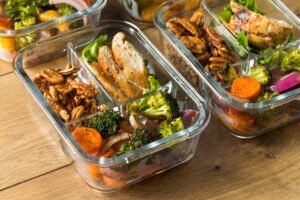 How many meals do we actually need?
How many meals do we actually need?  Which one is best?
Which one is best?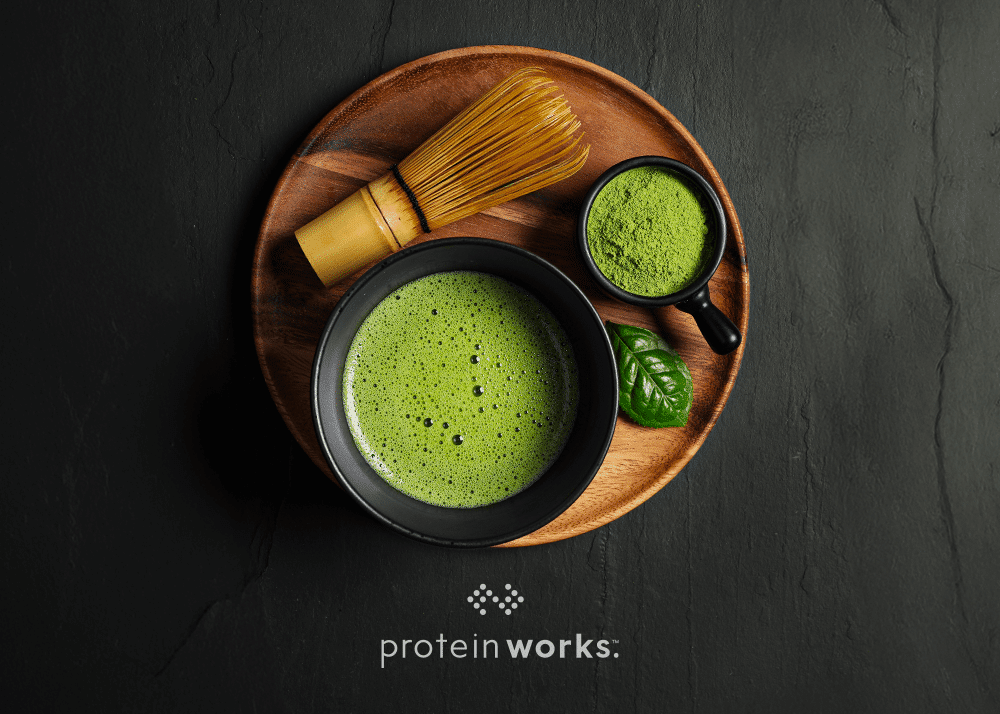

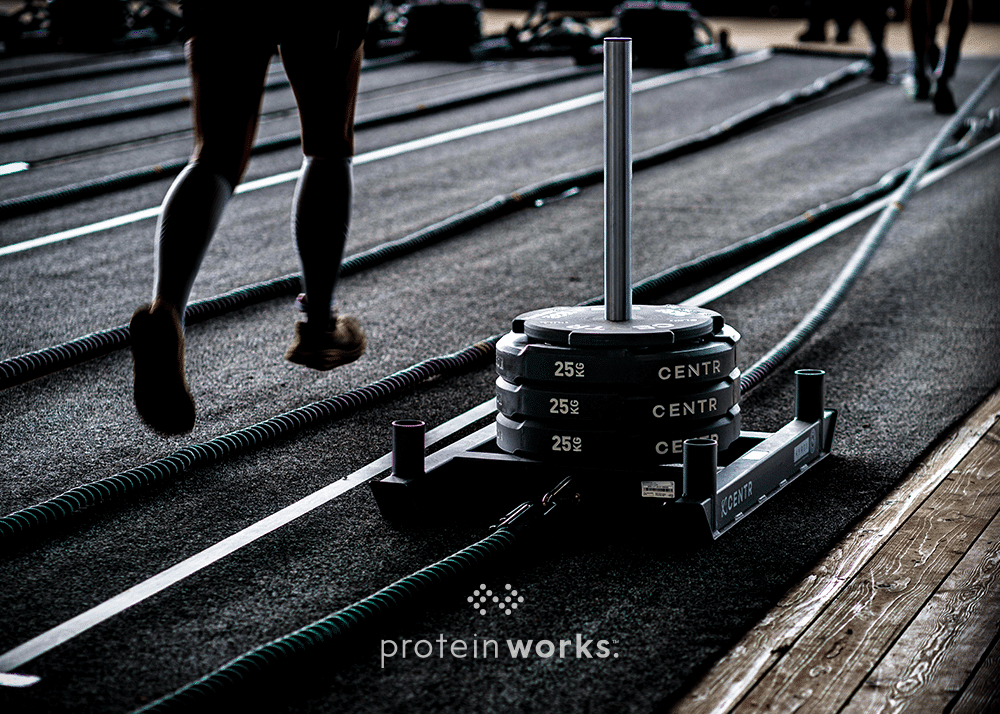
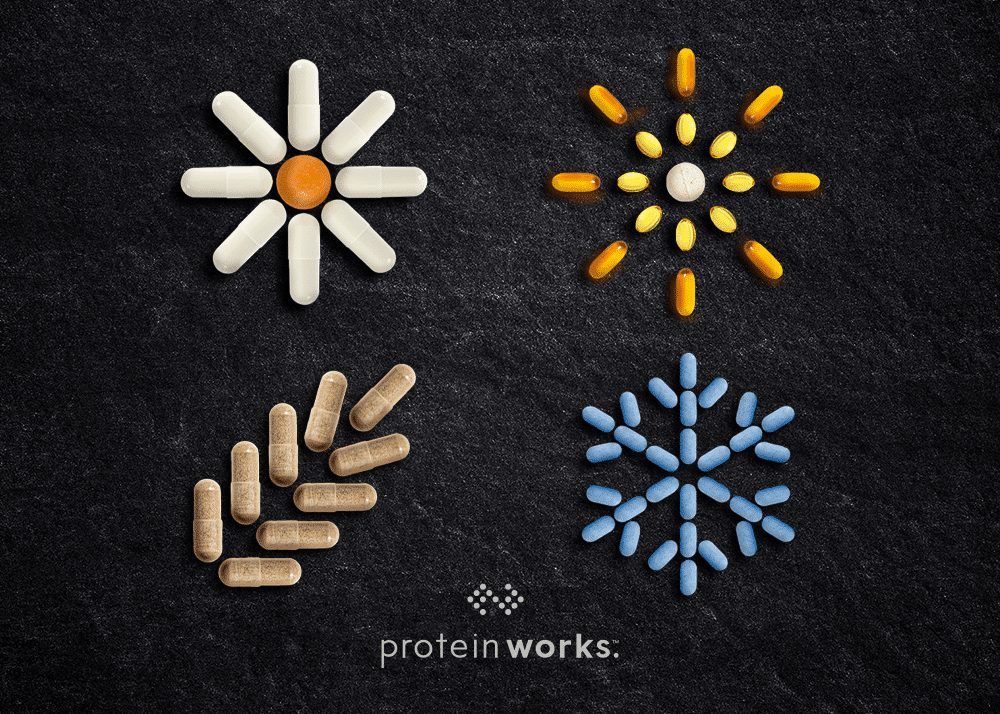
No Comments yet!